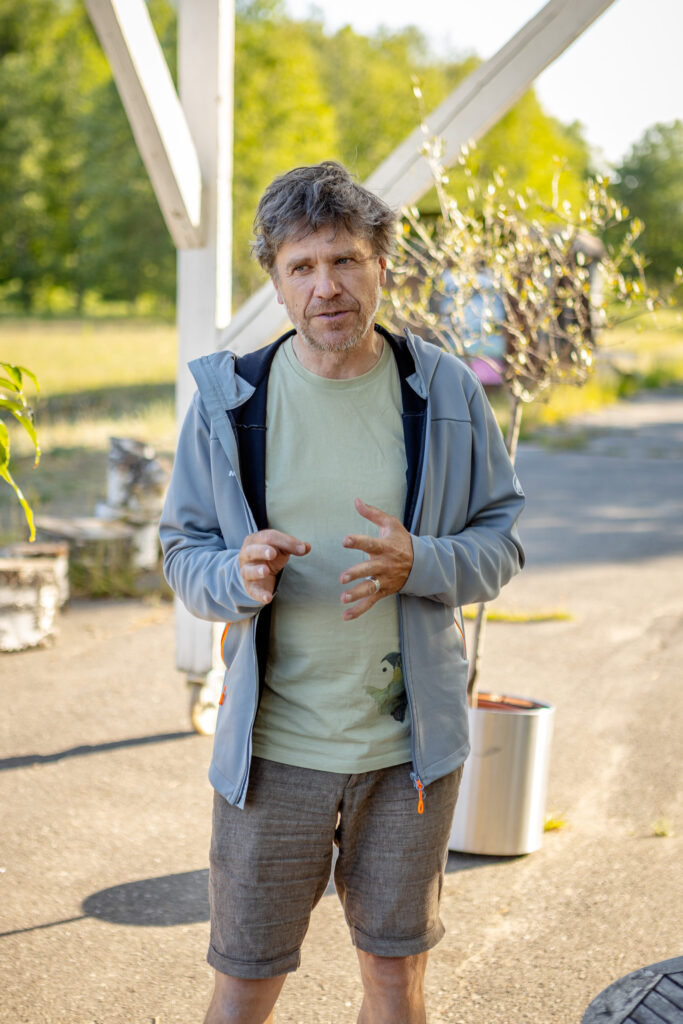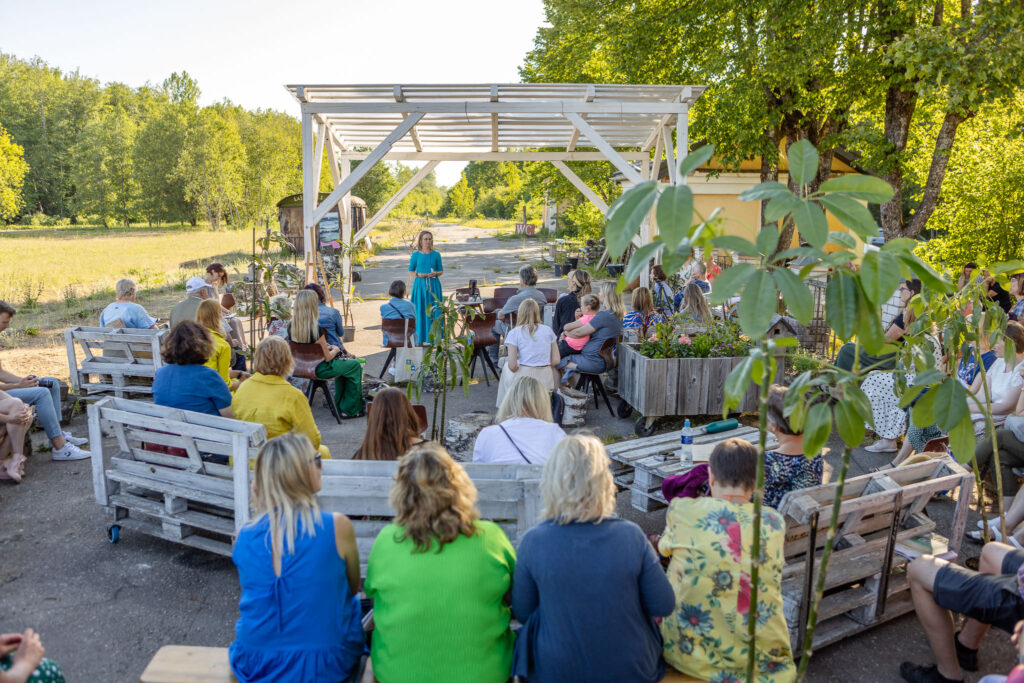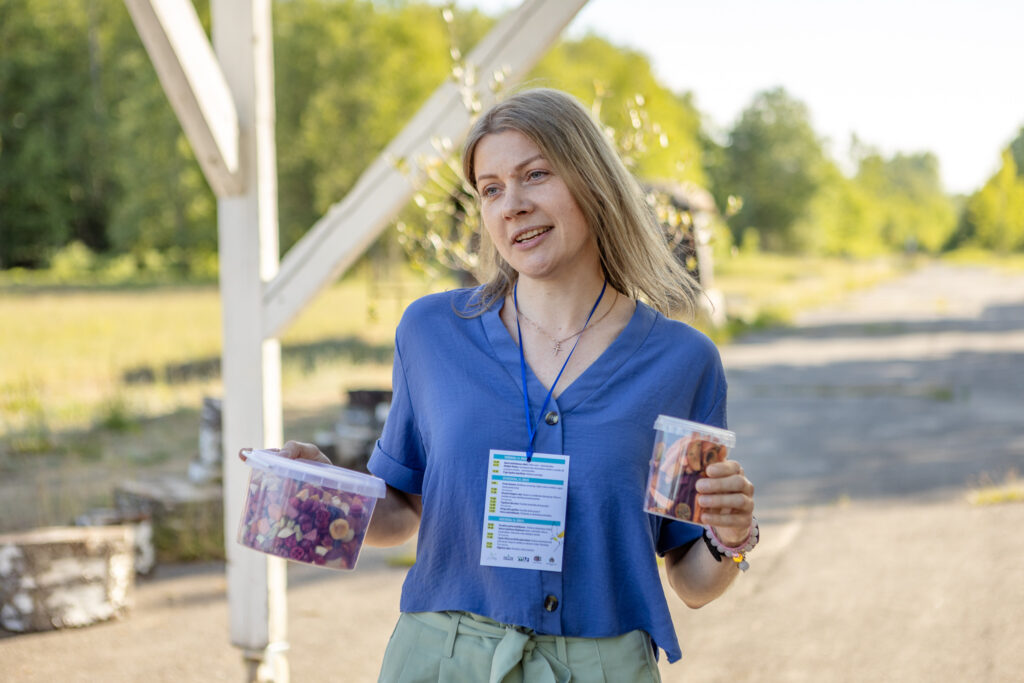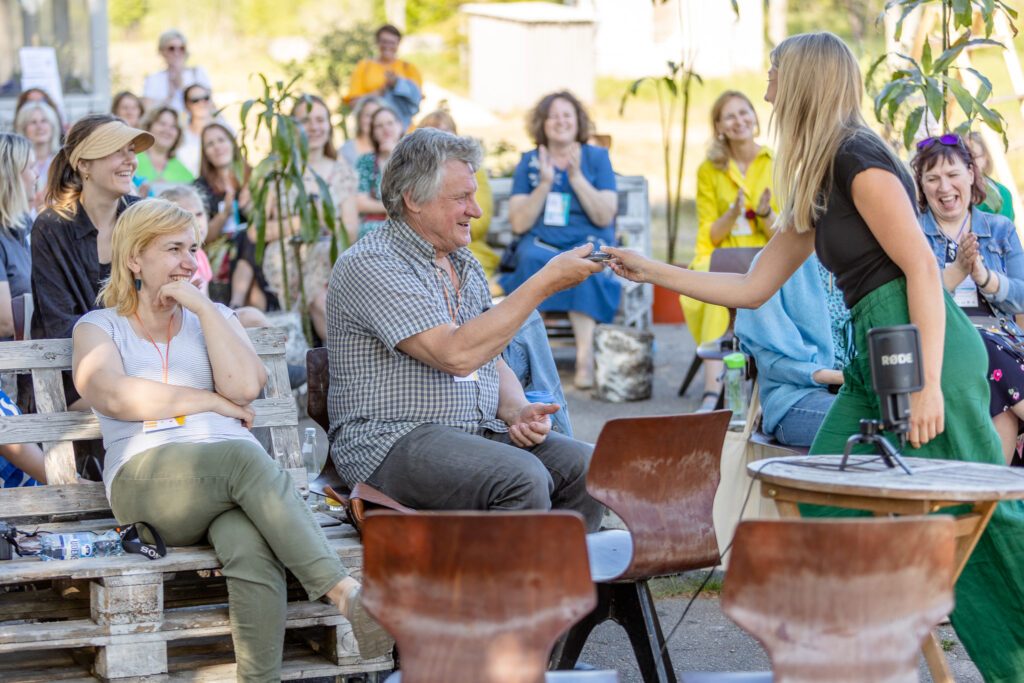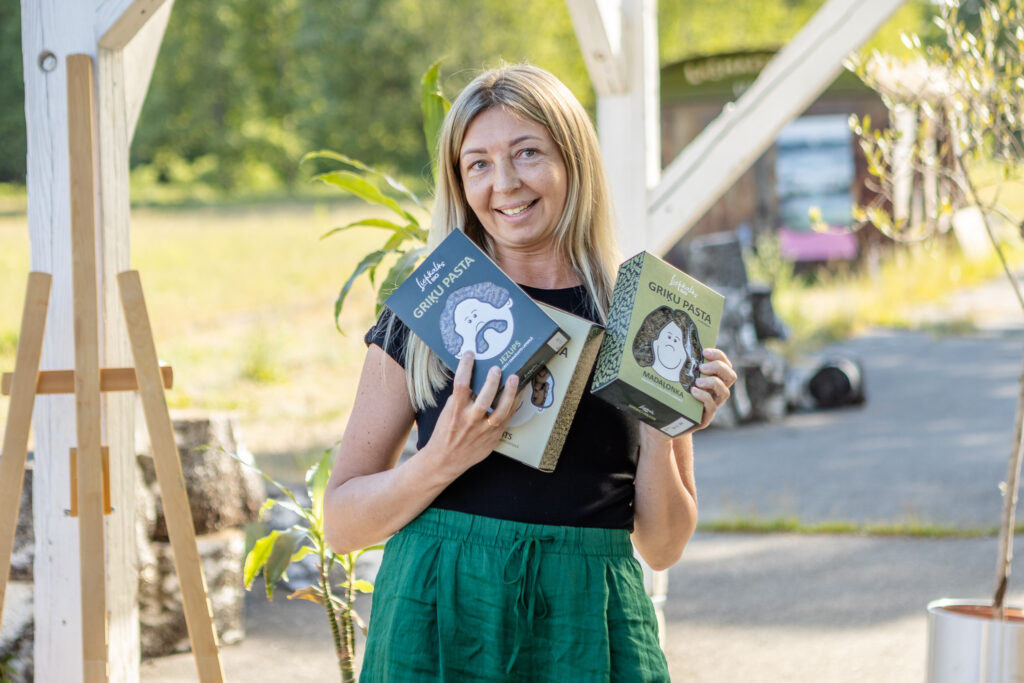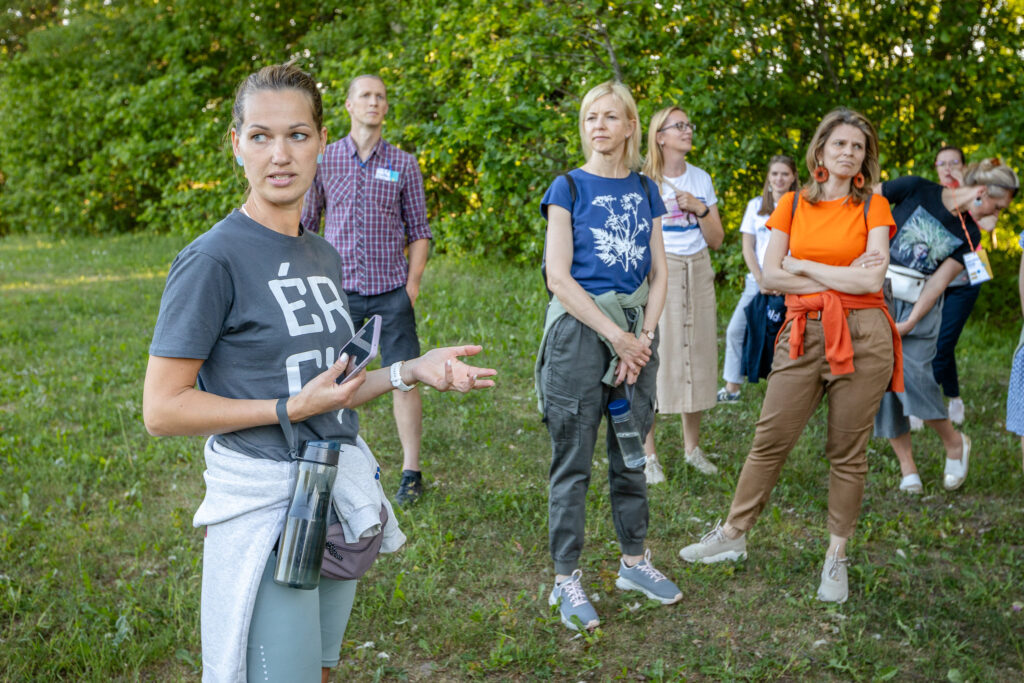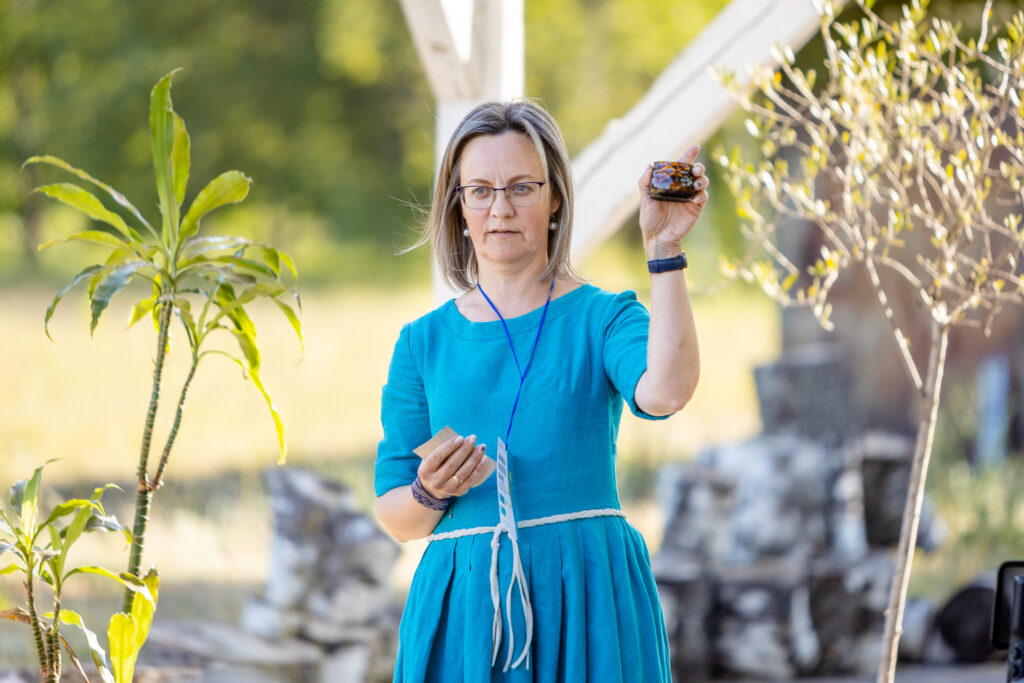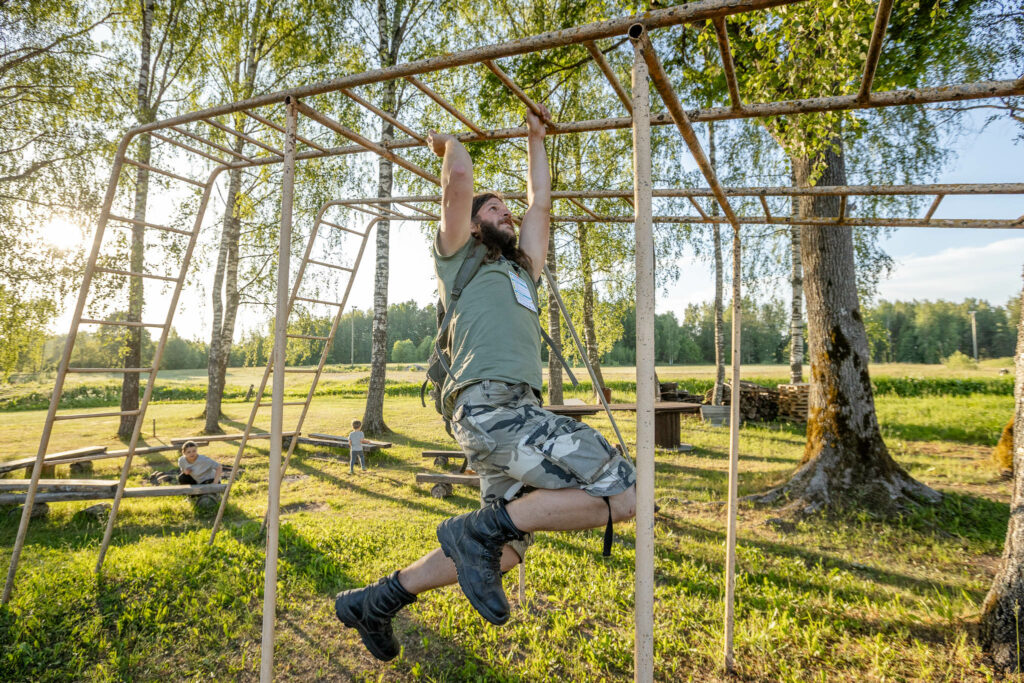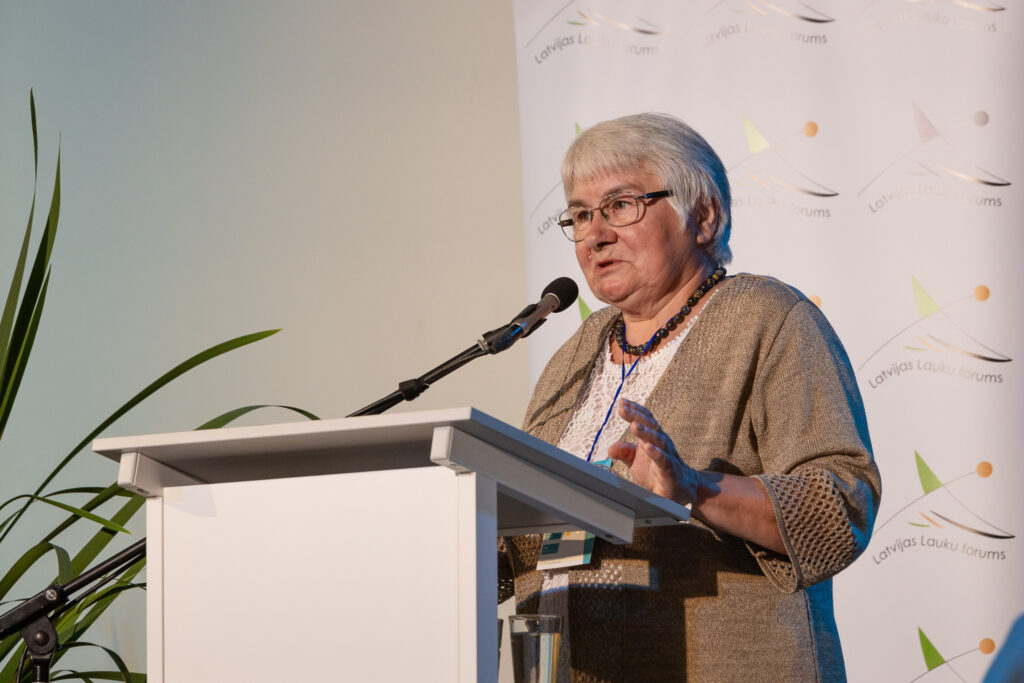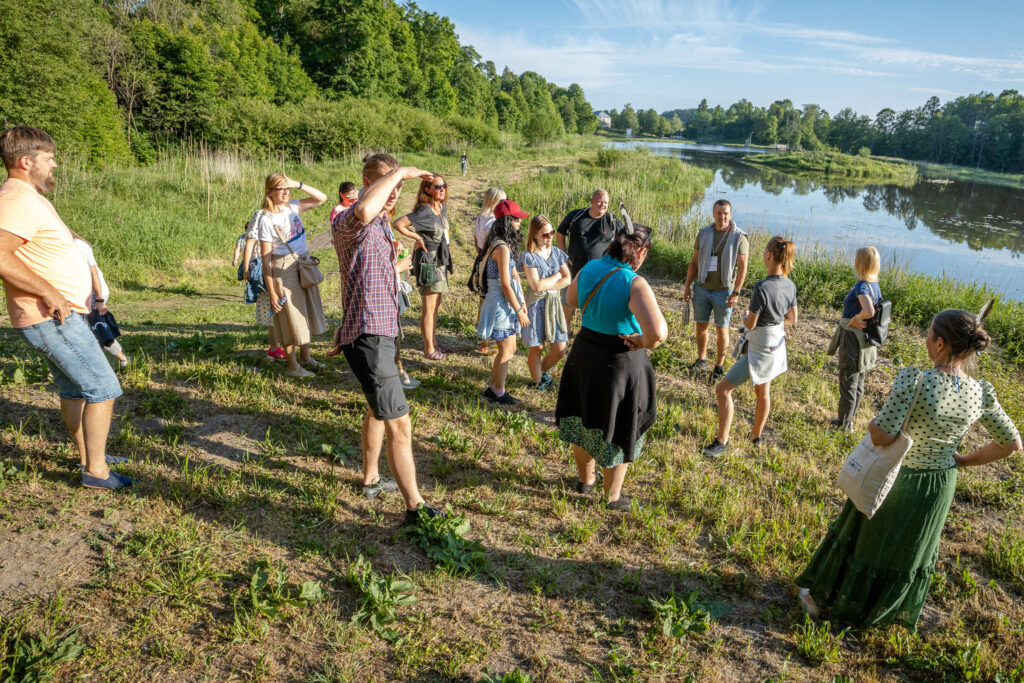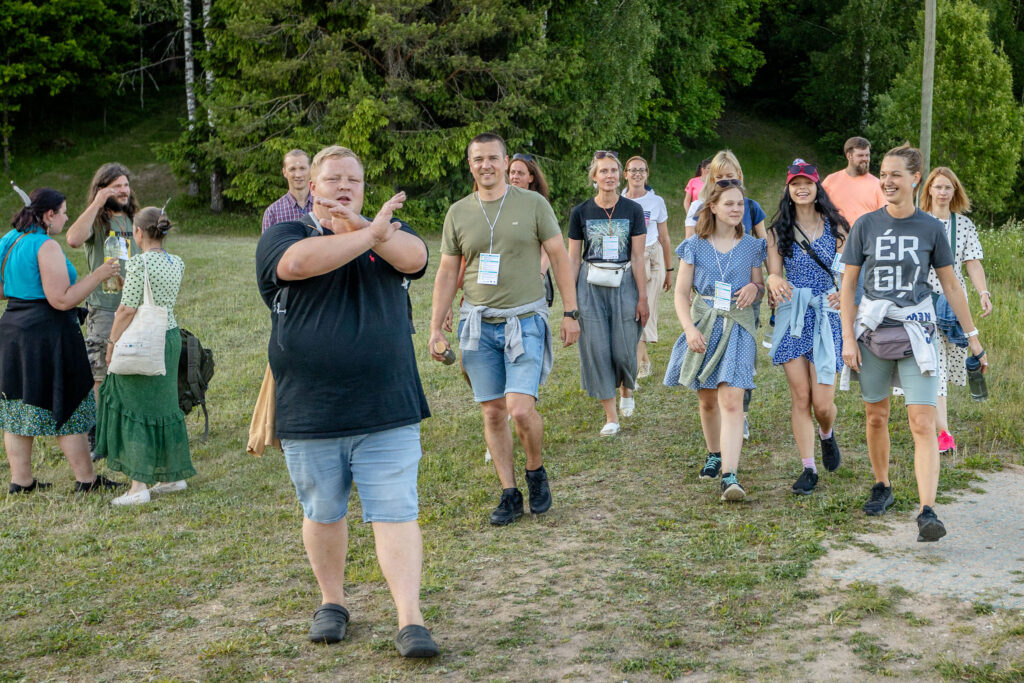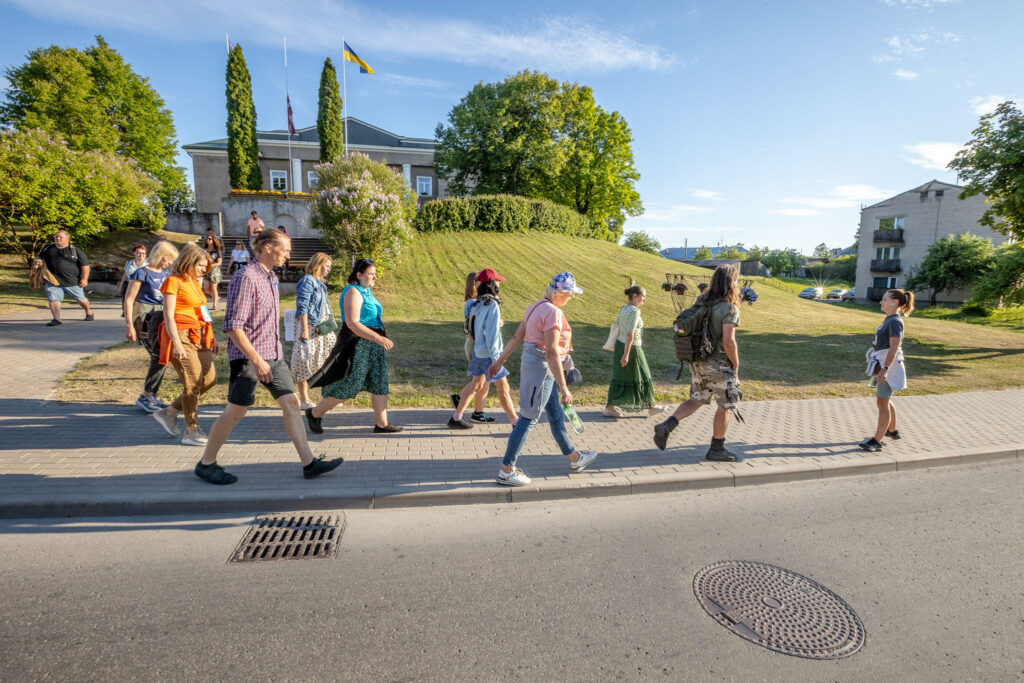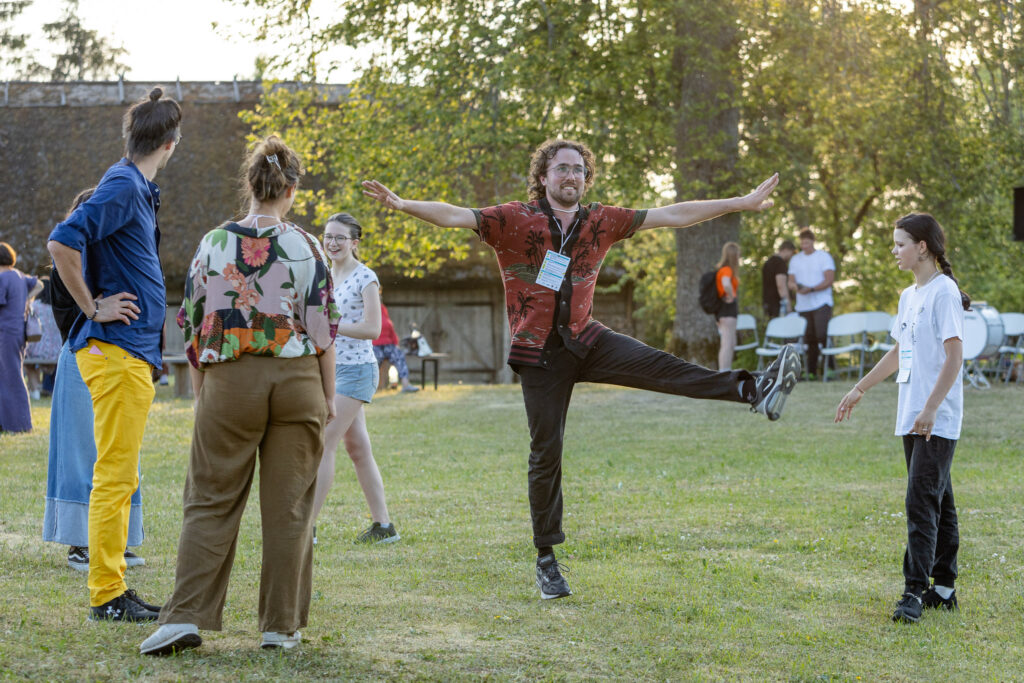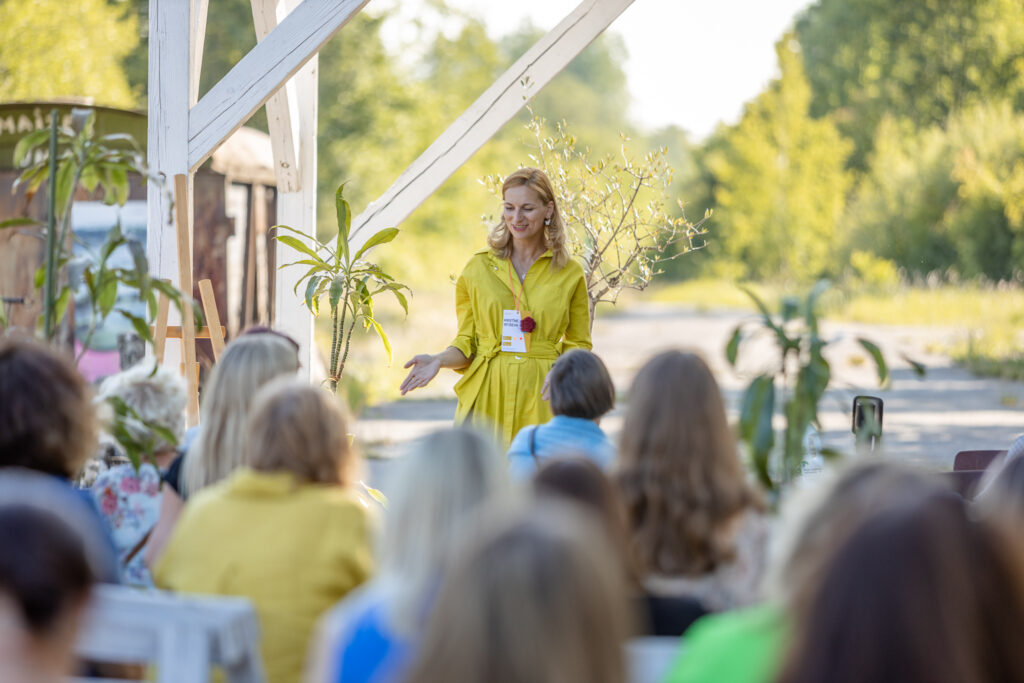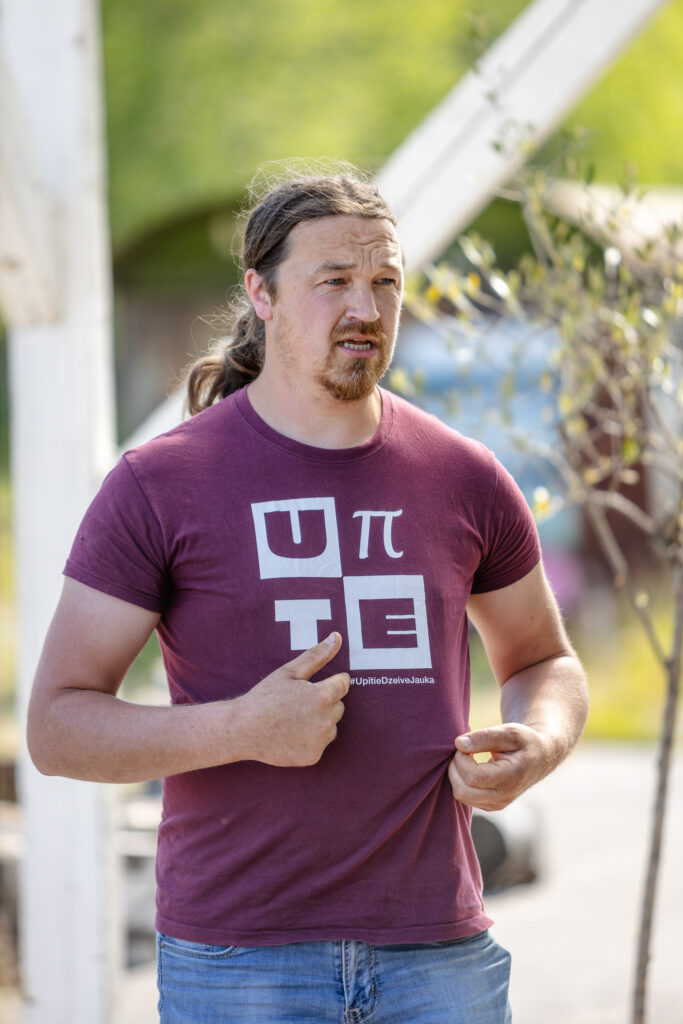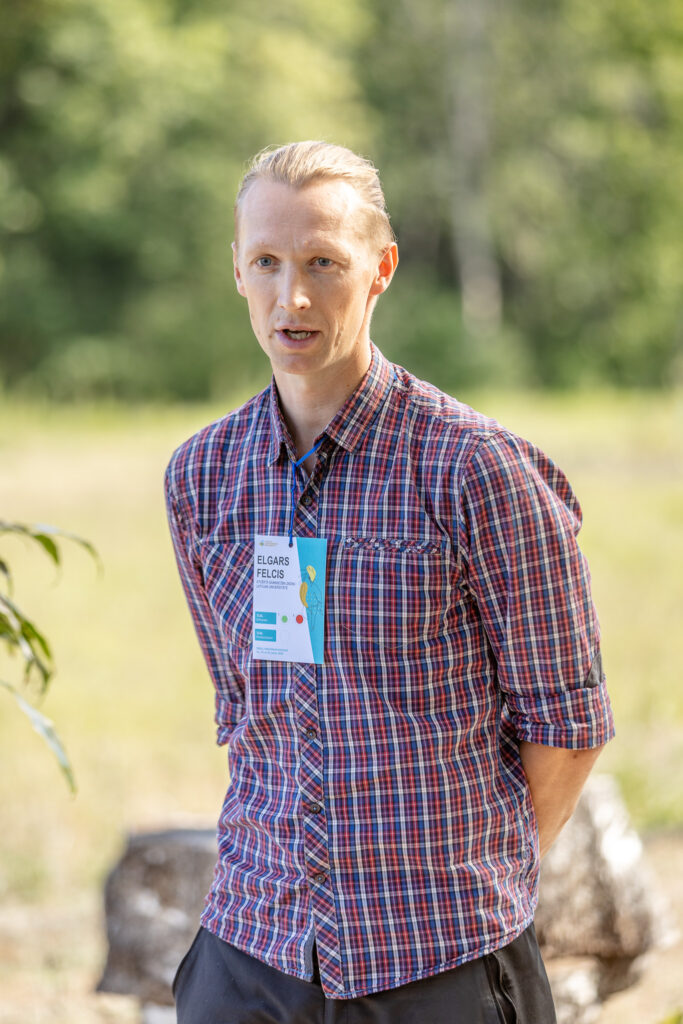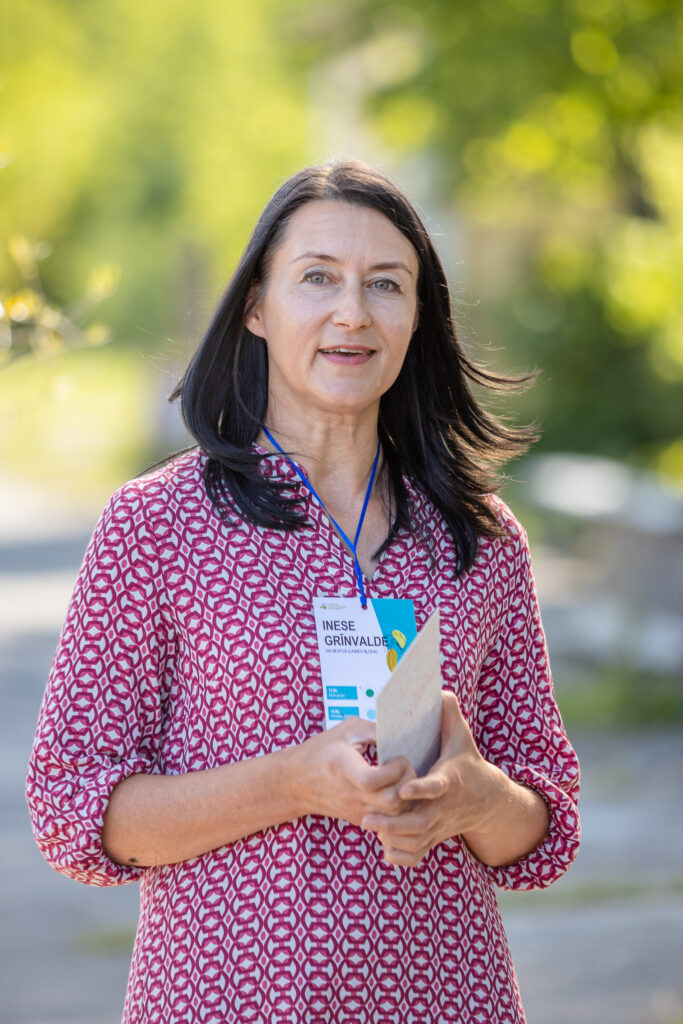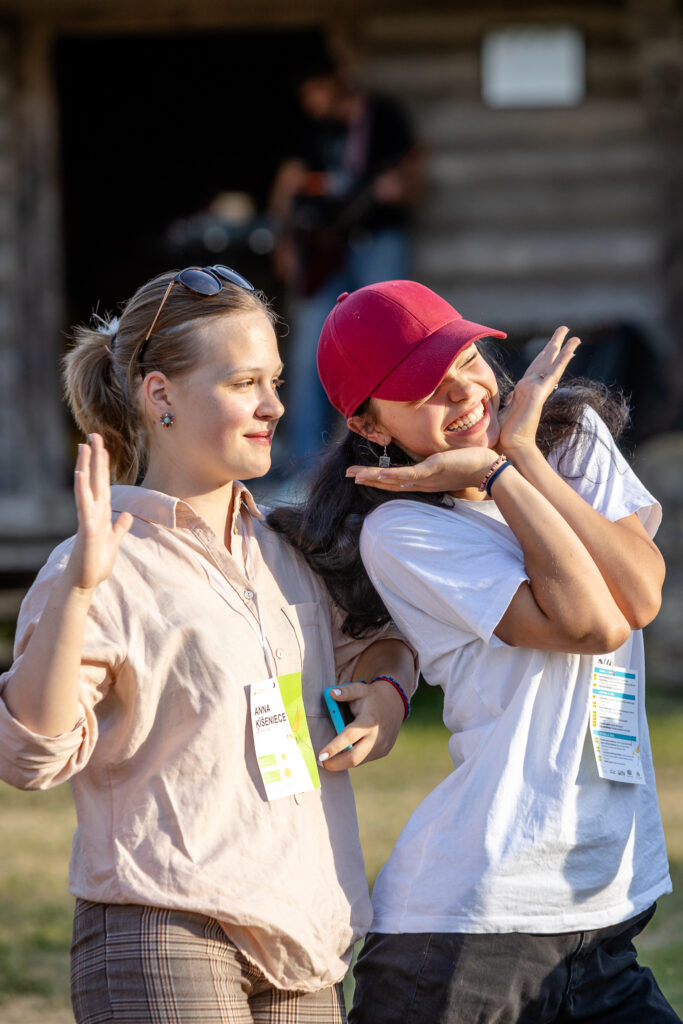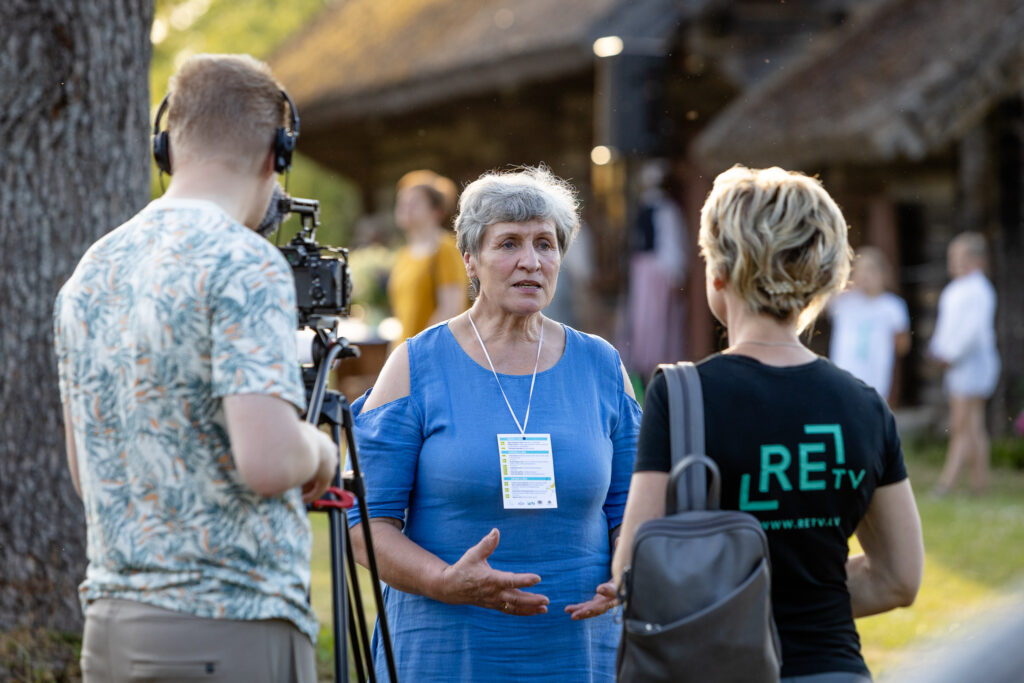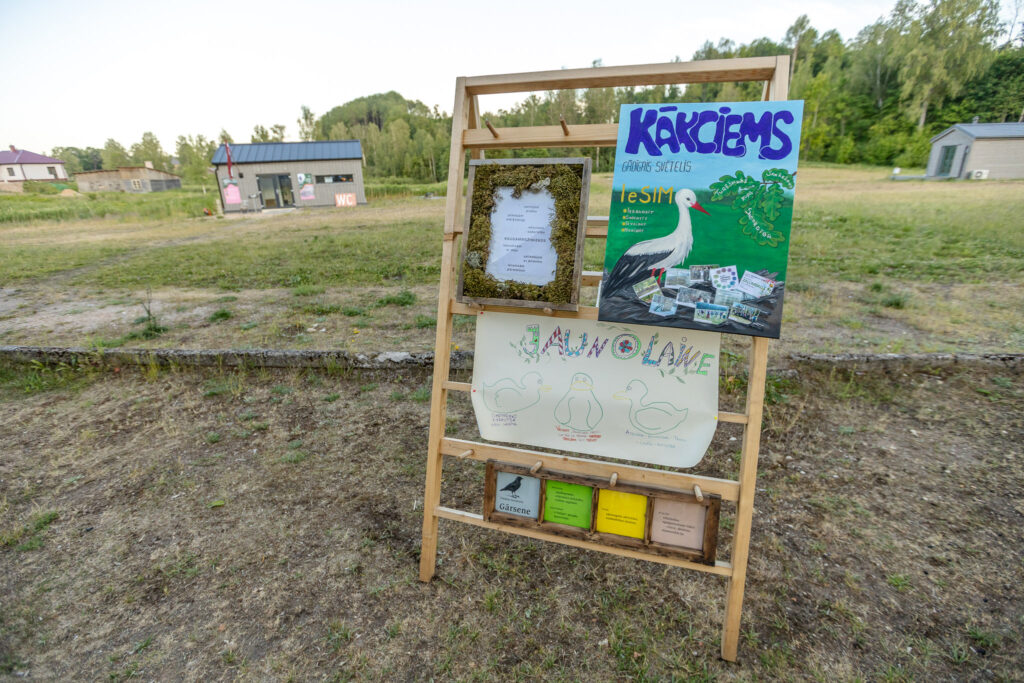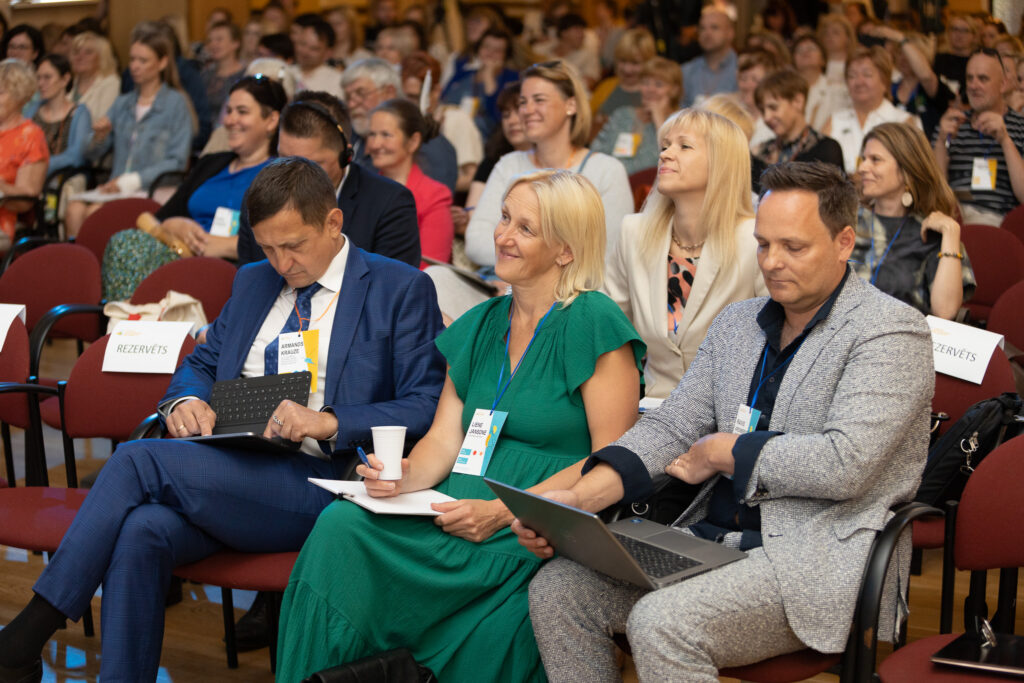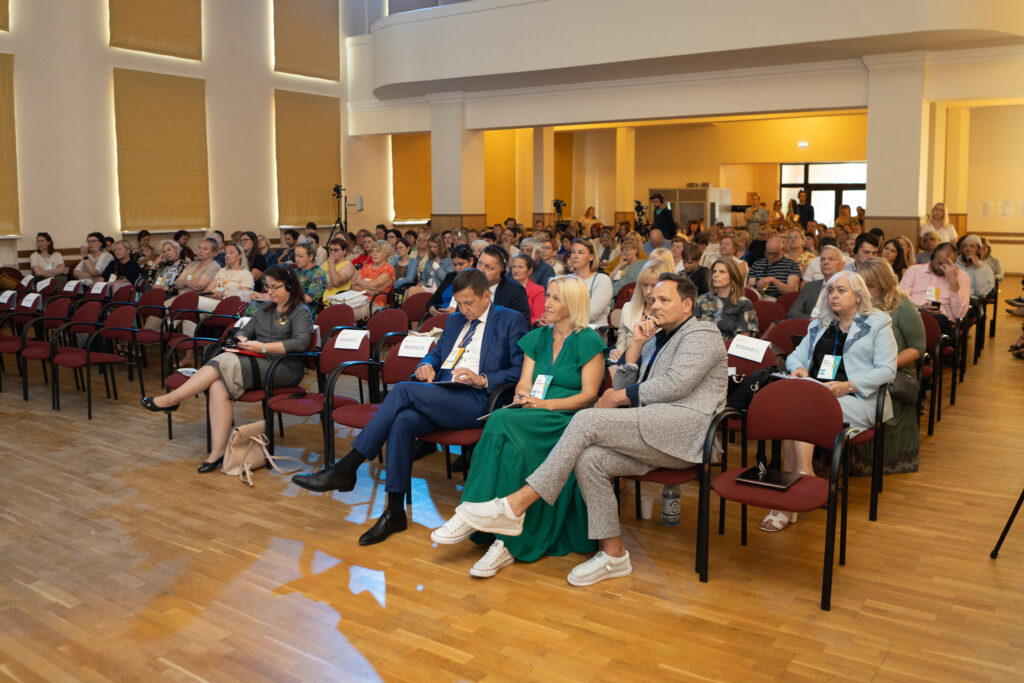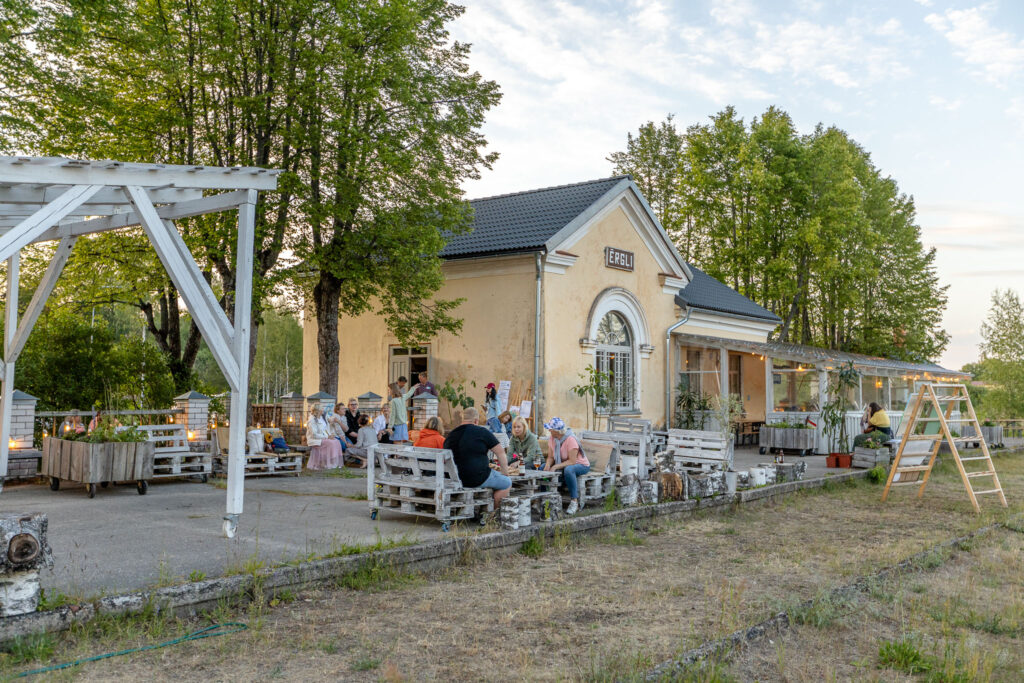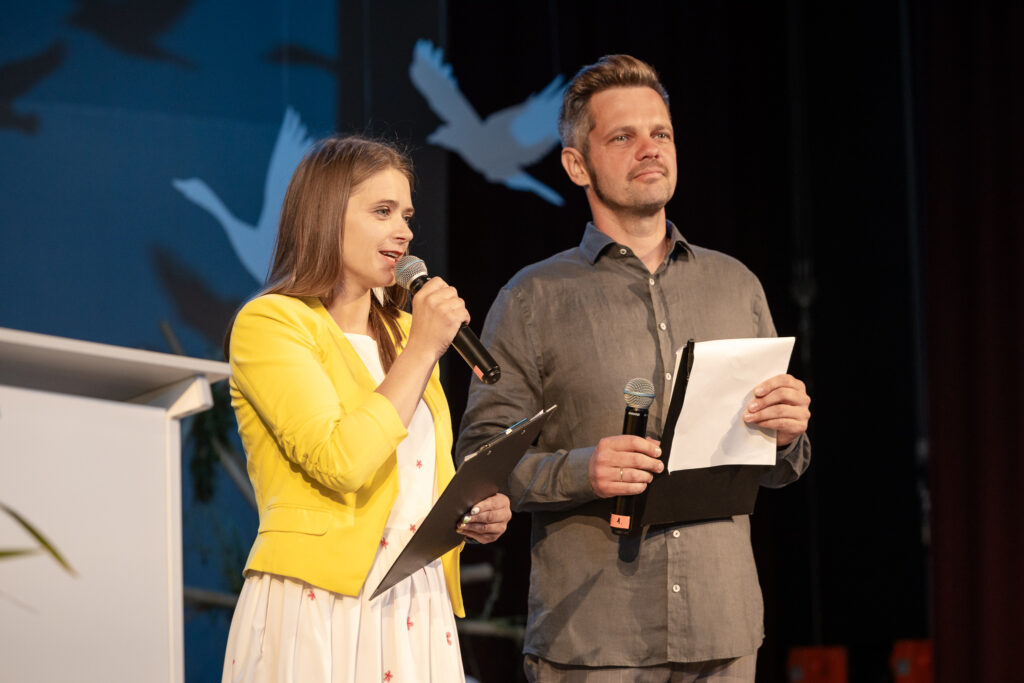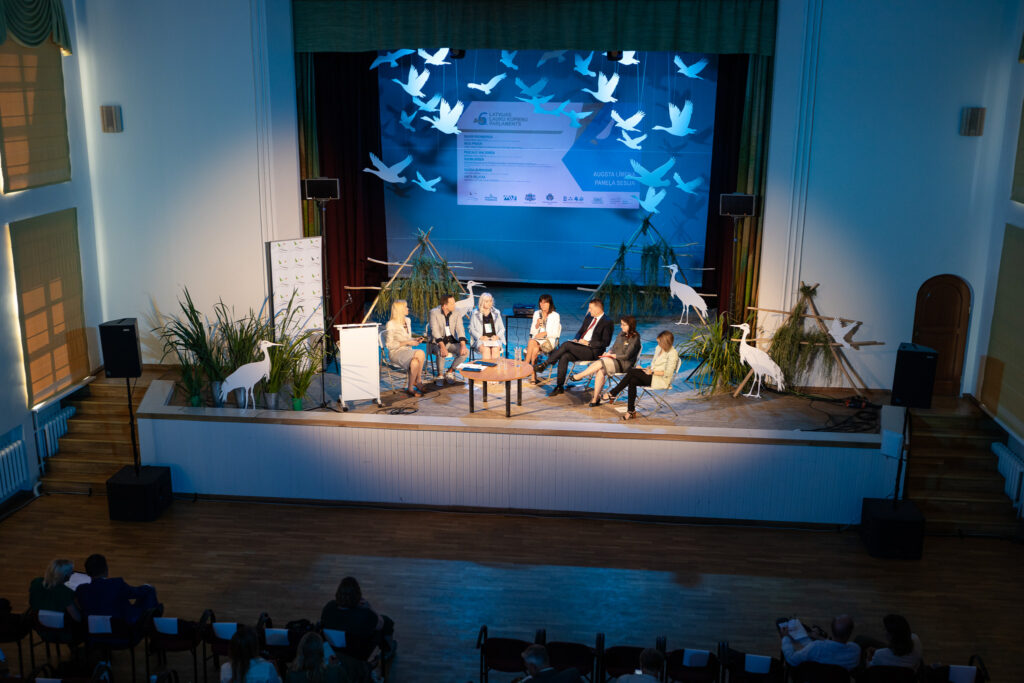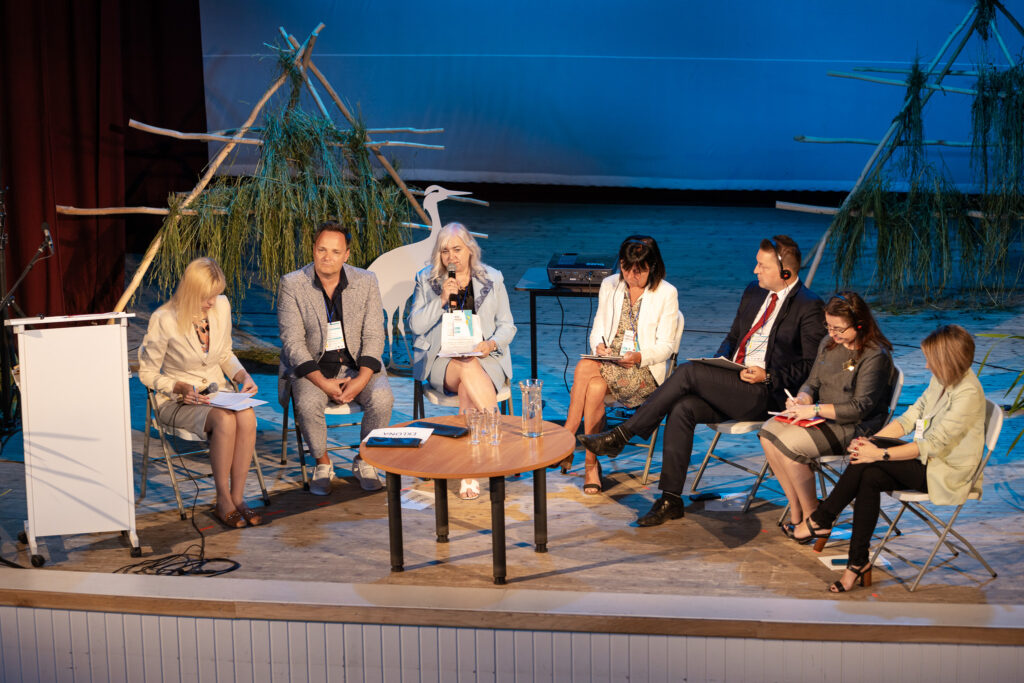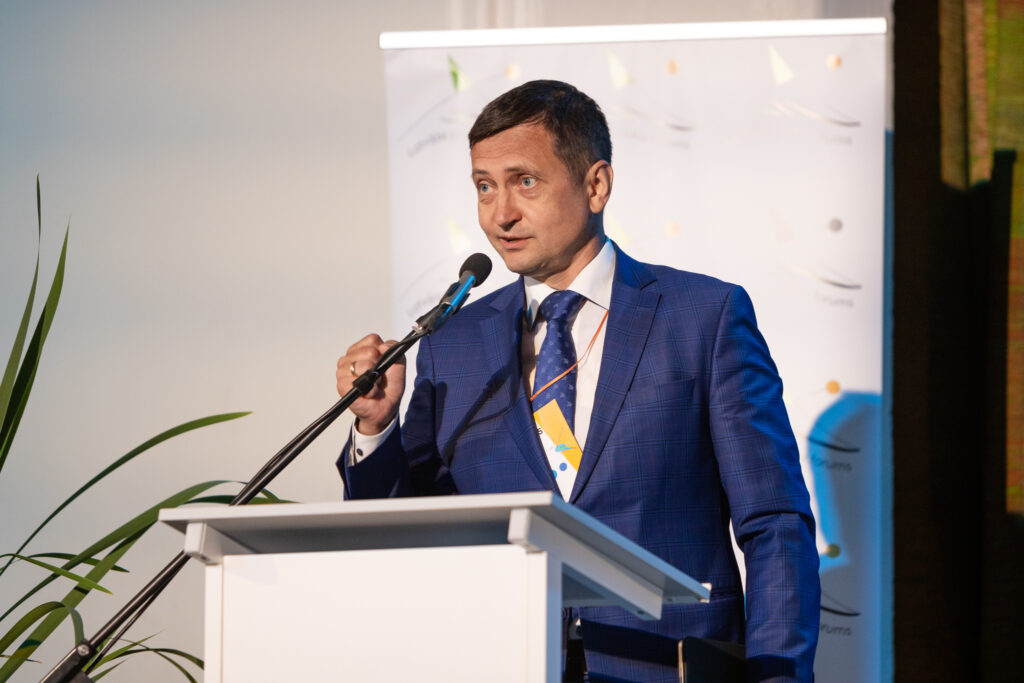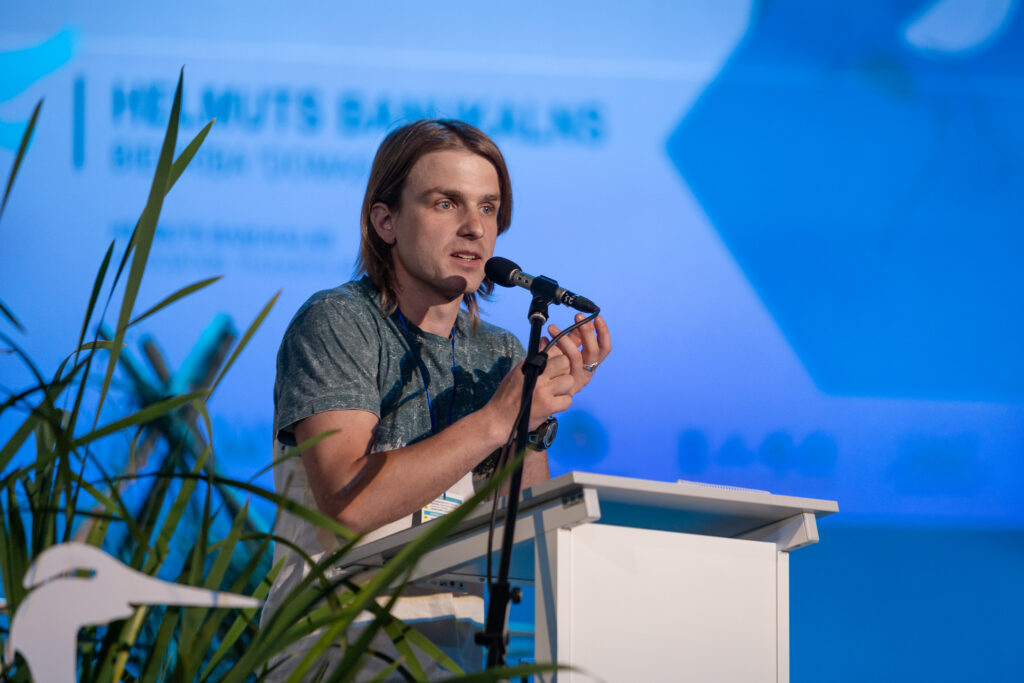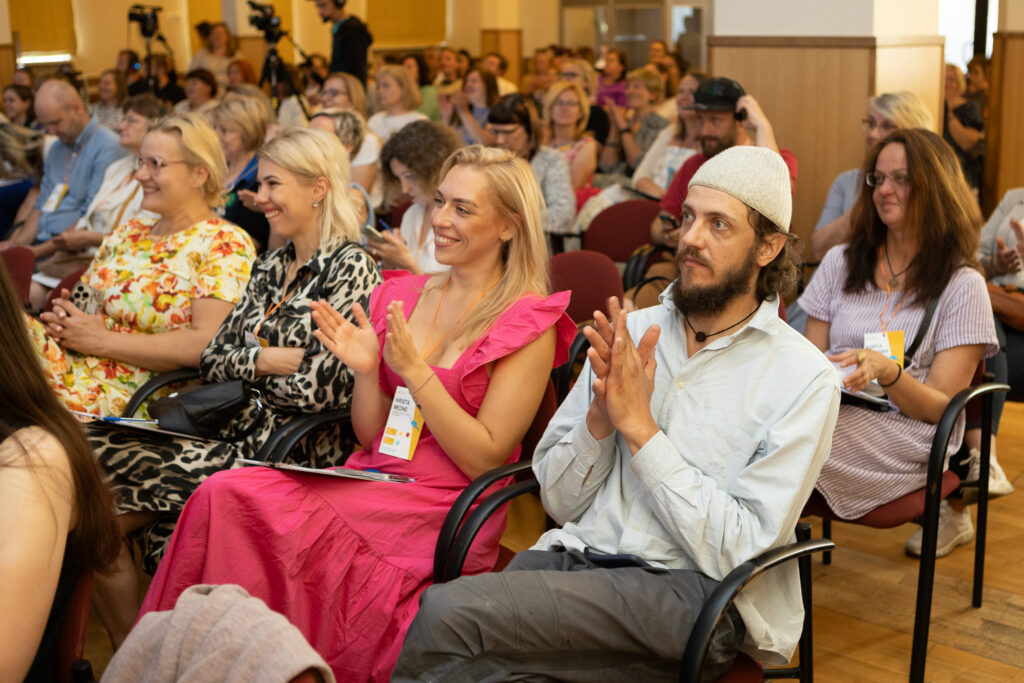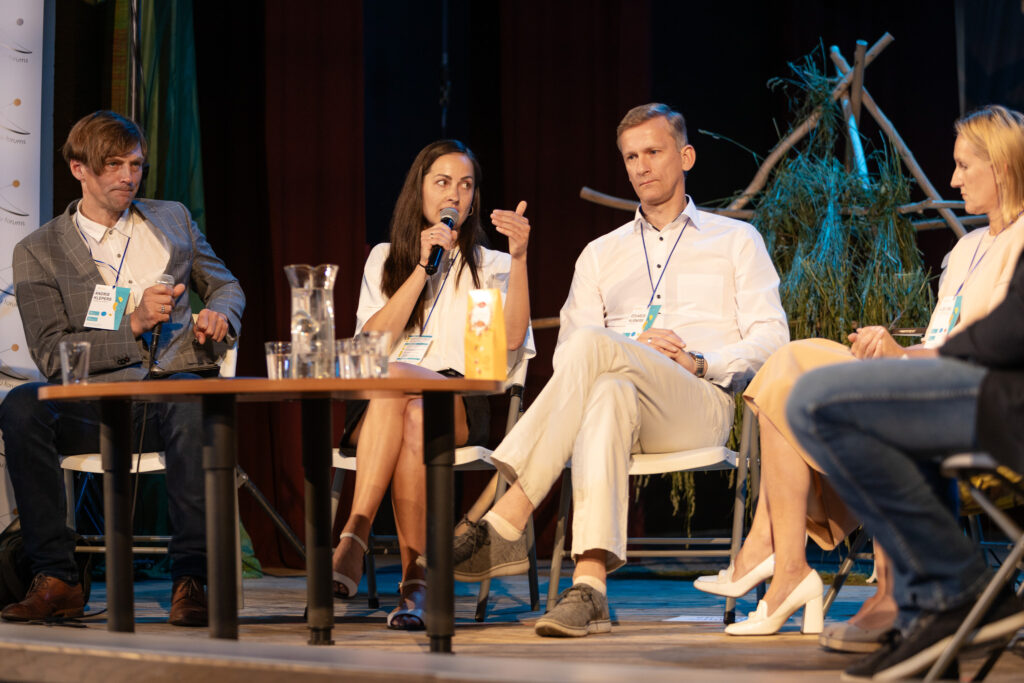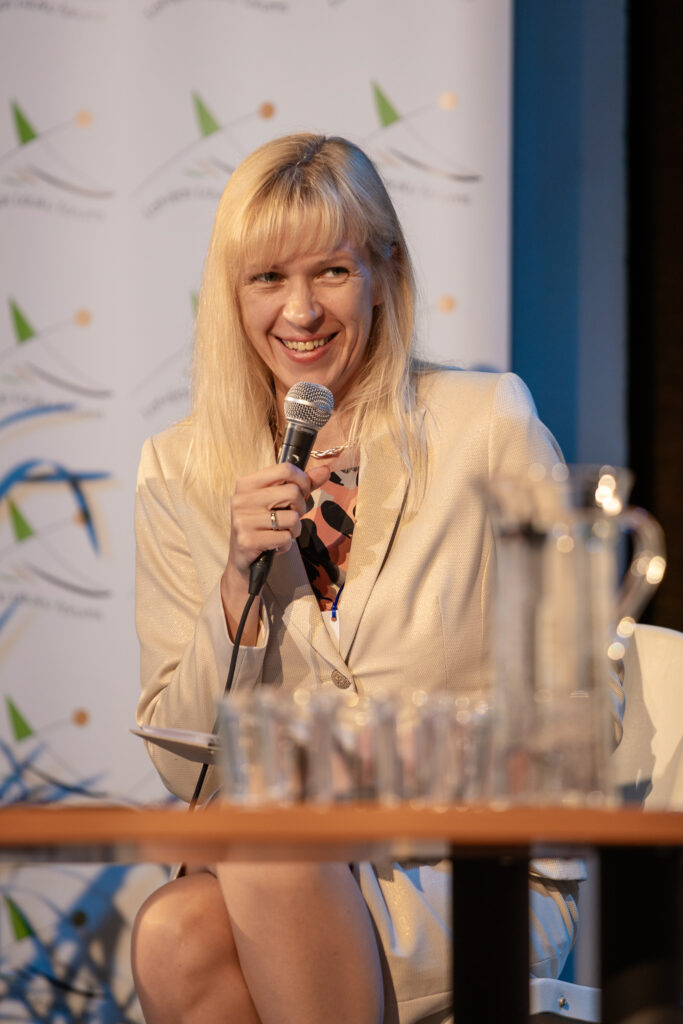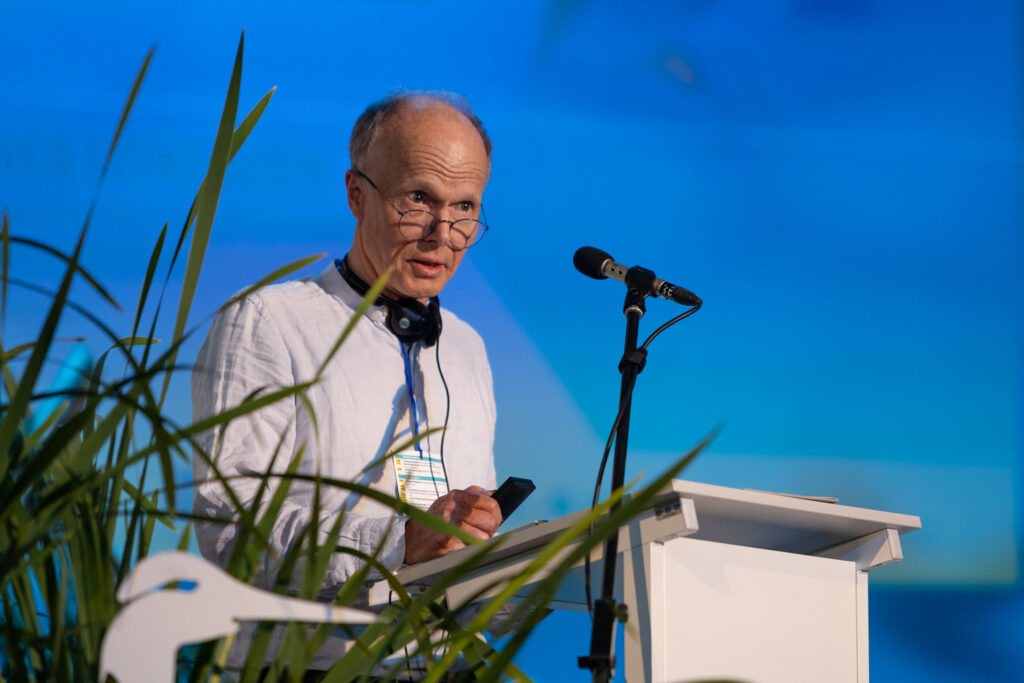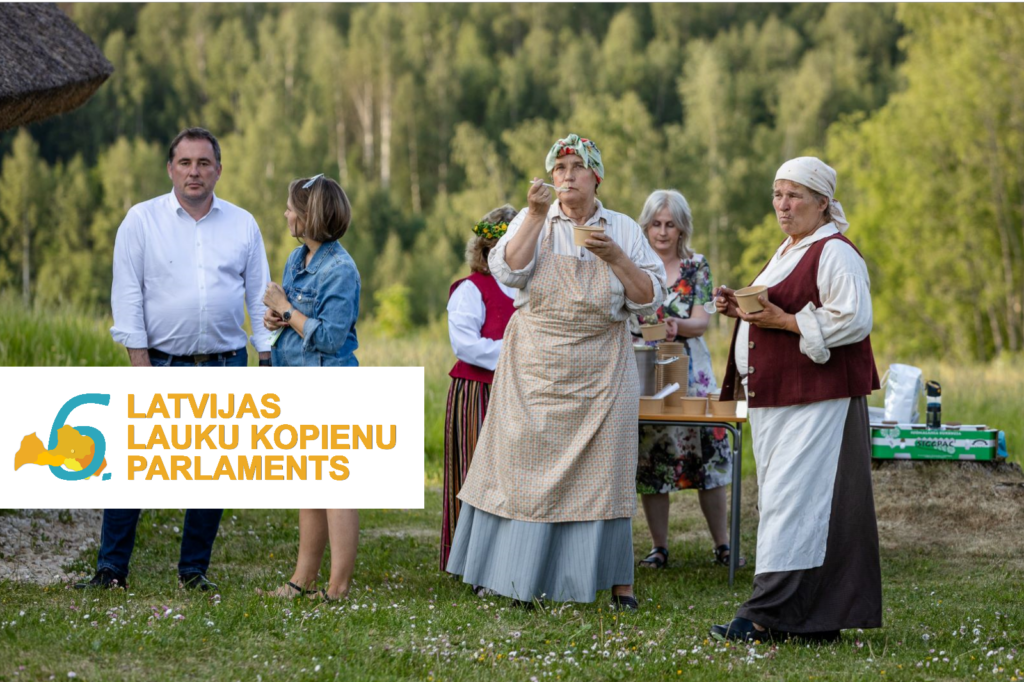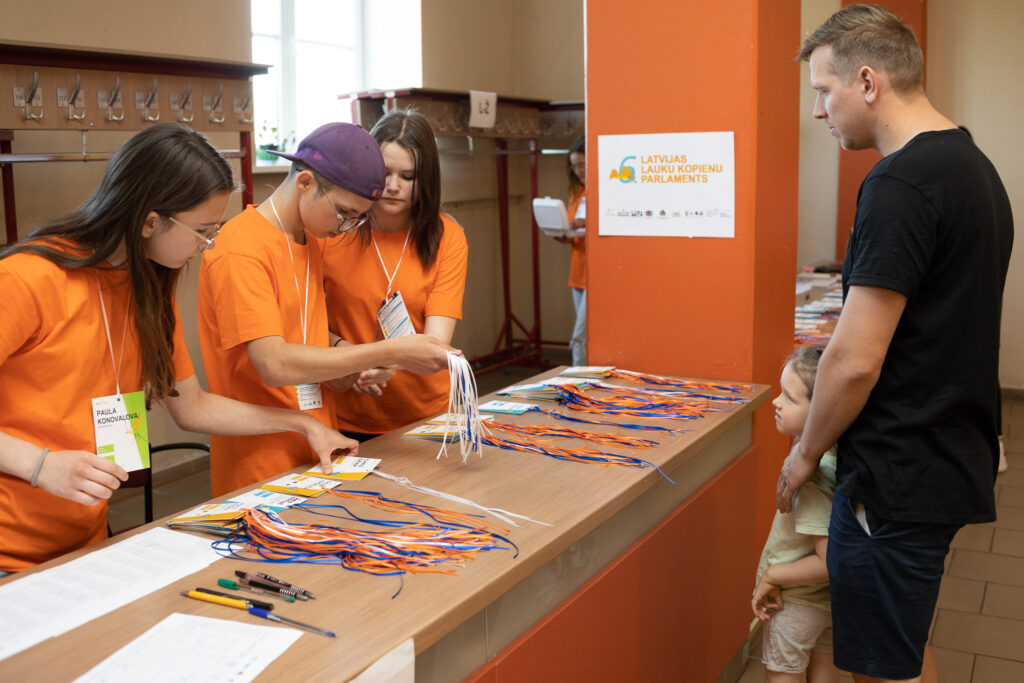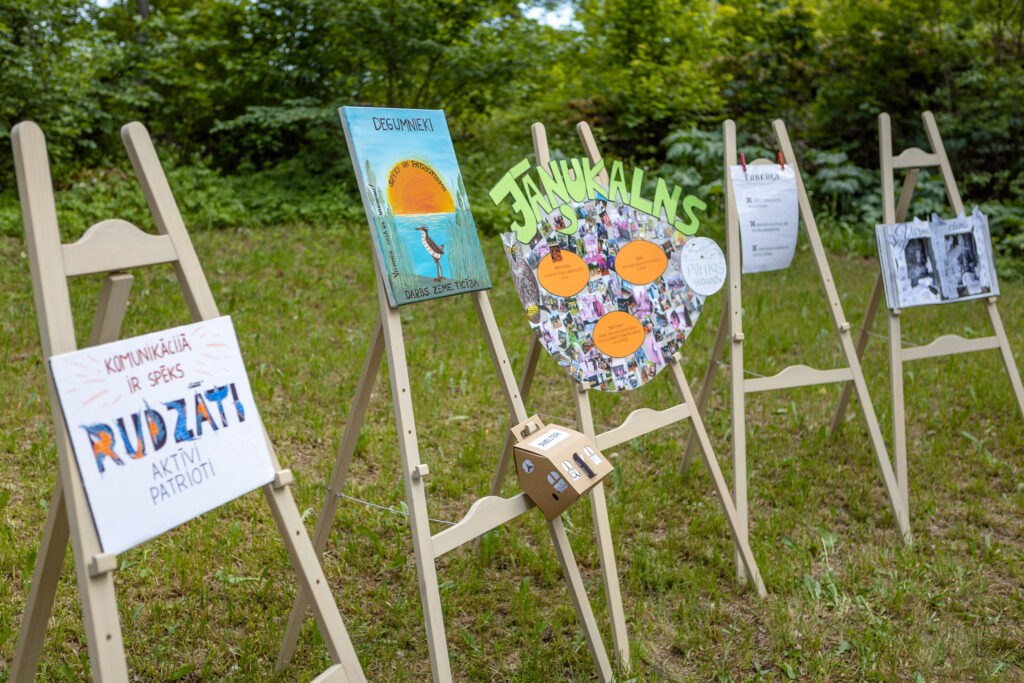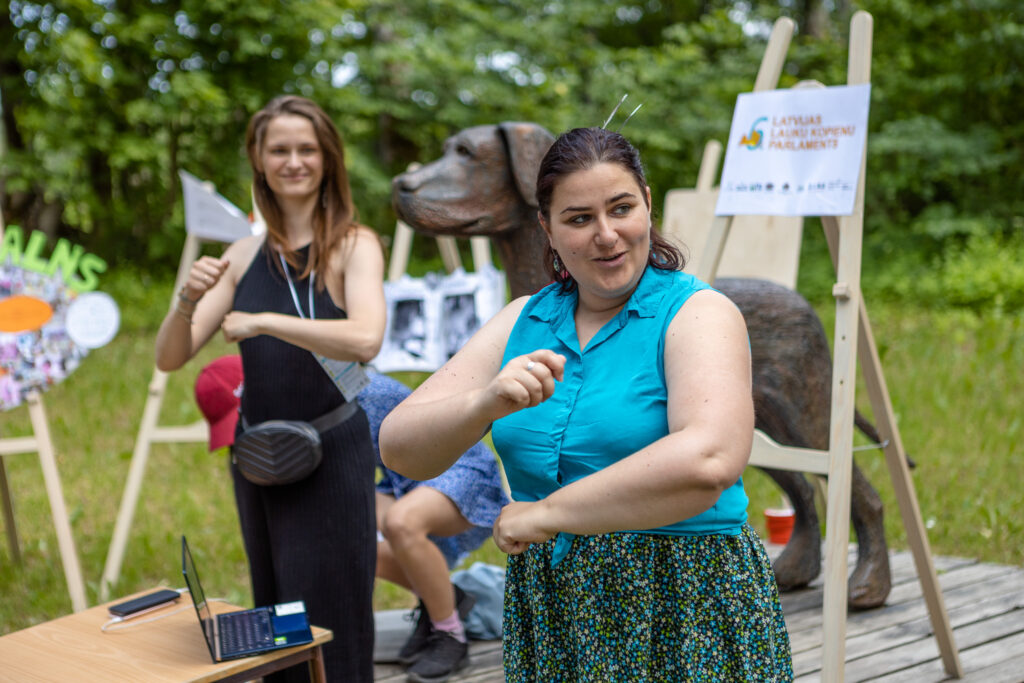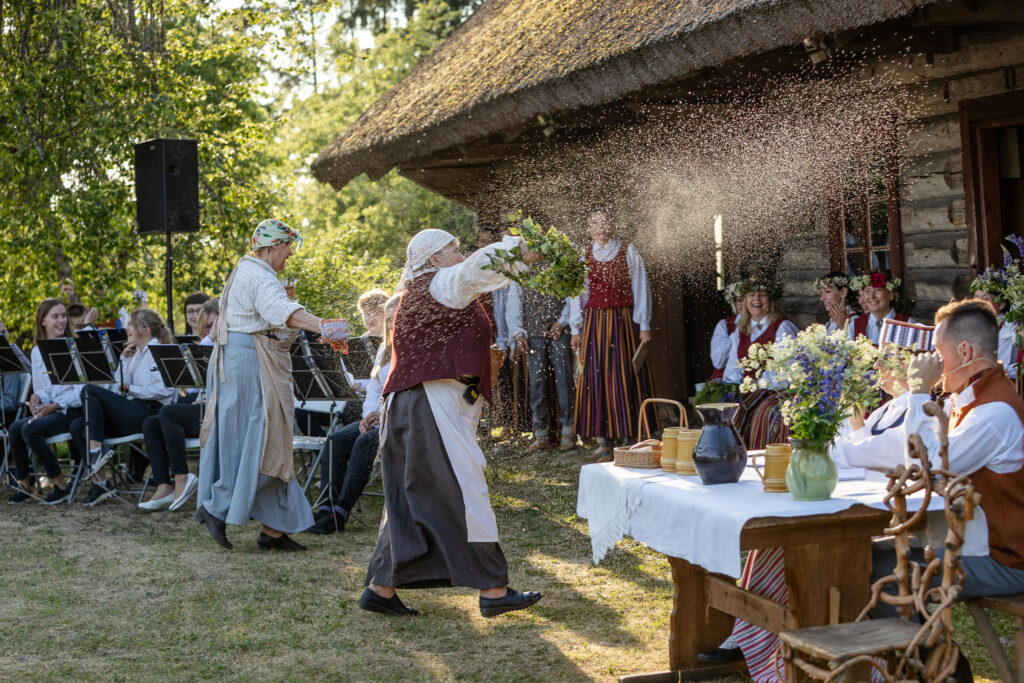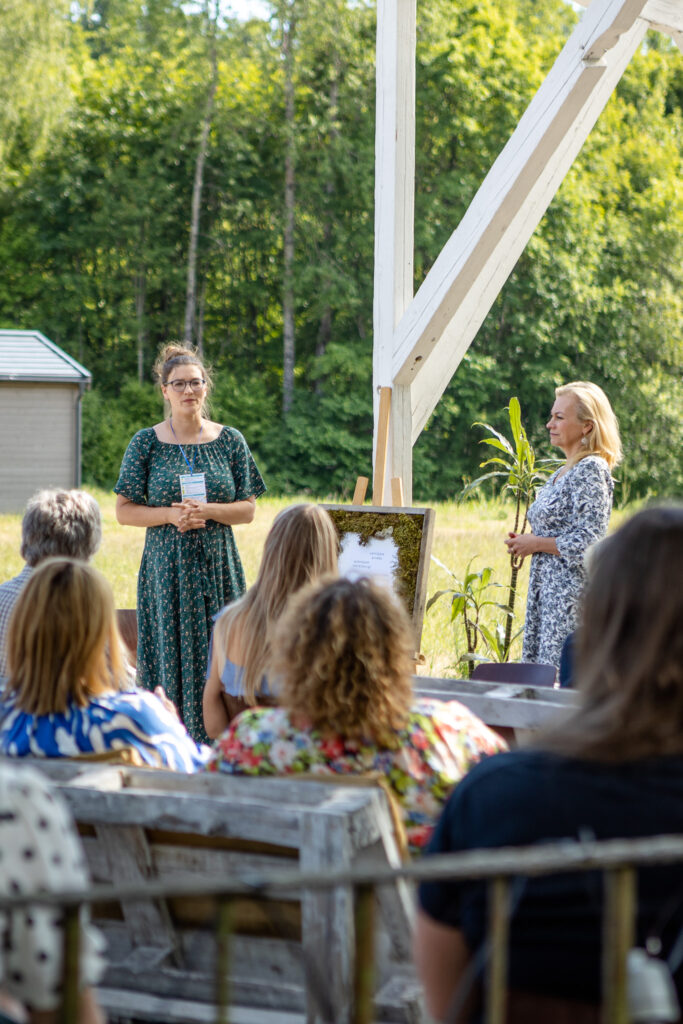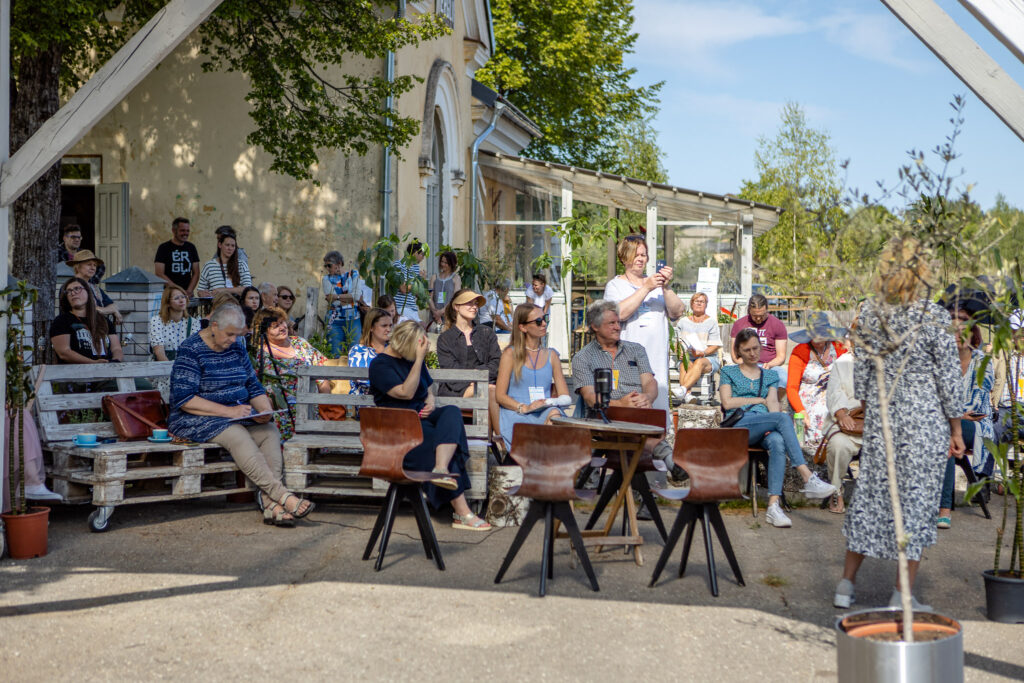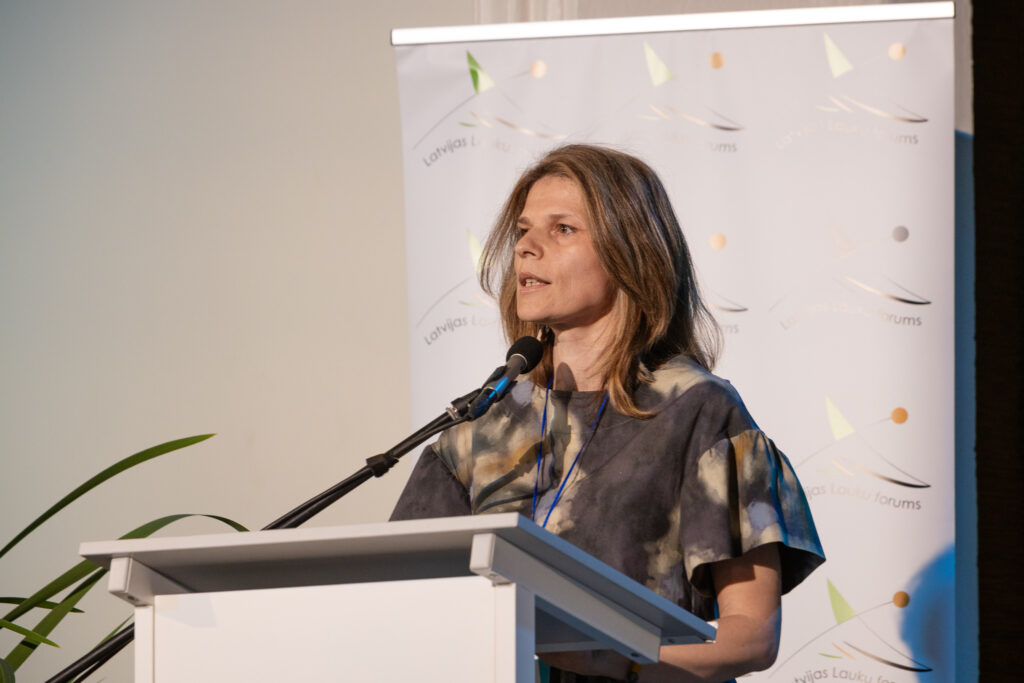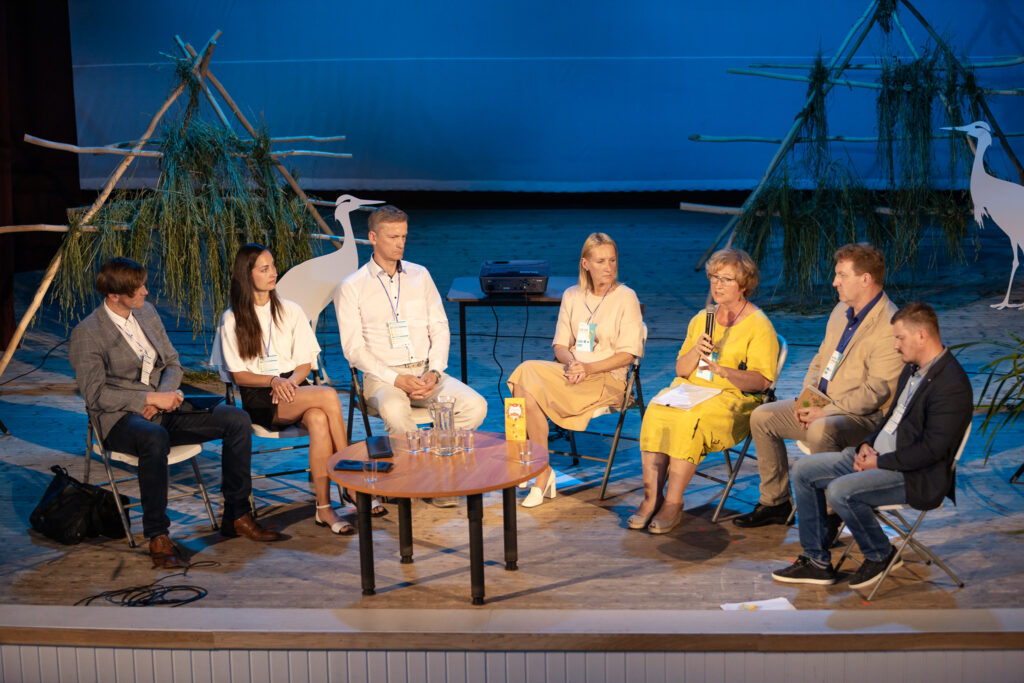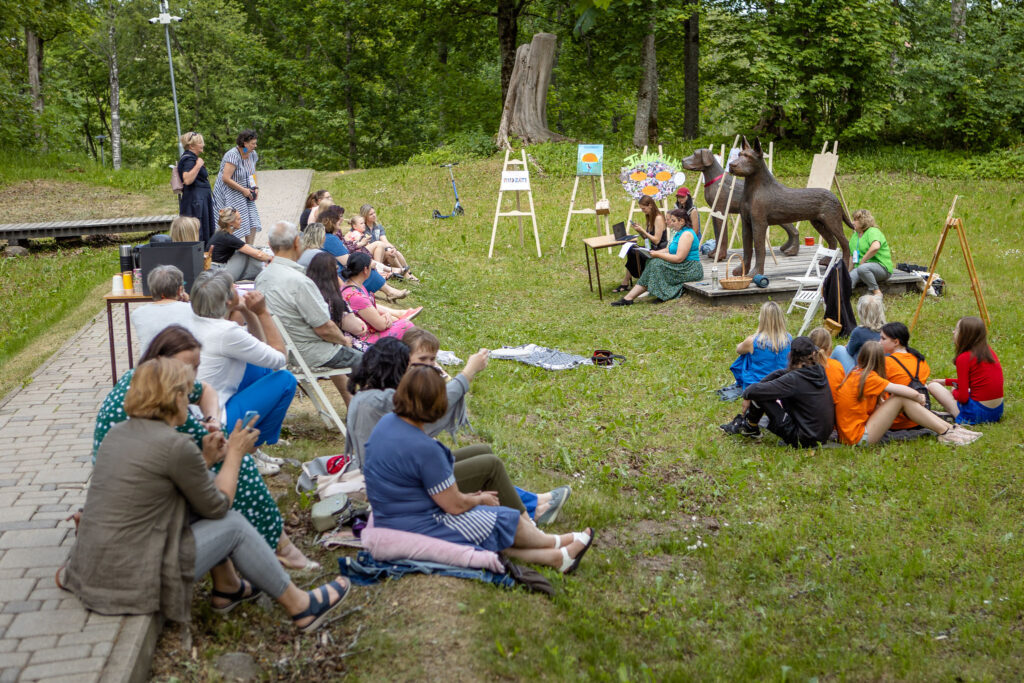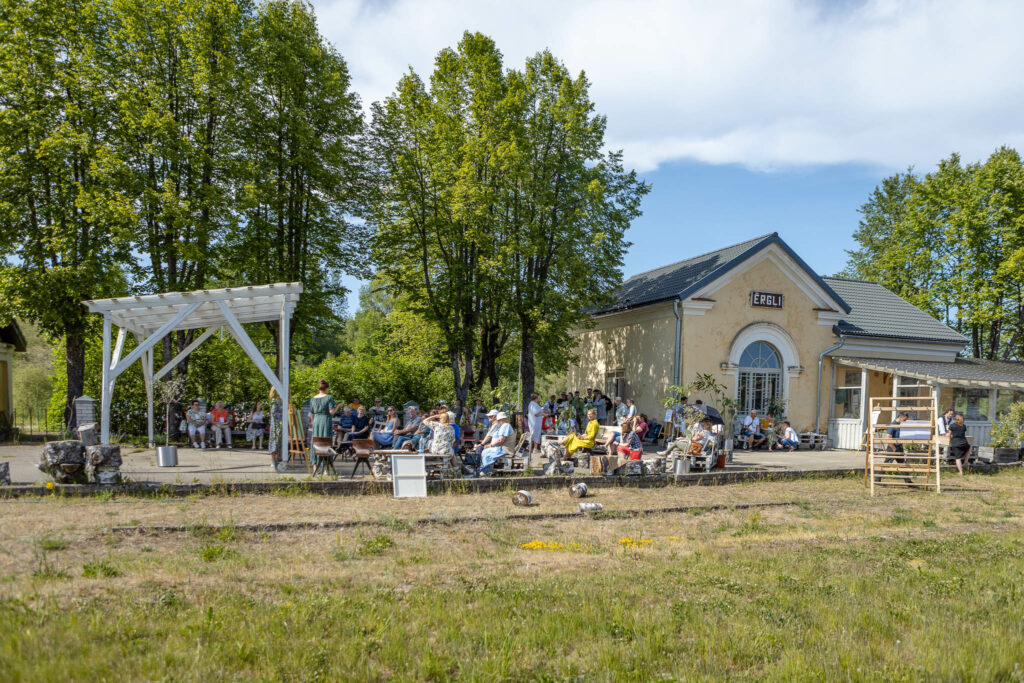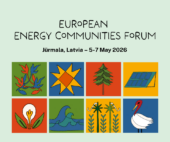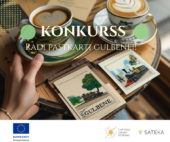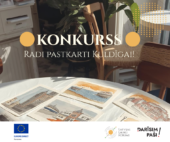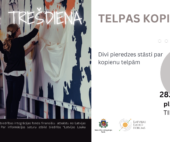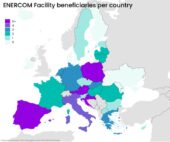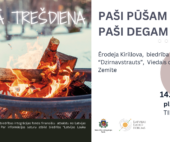In 2023, from June 14th to 16th, the 6th Latvian Rural Communities’ Parliament took place in Ergli, Madona region, as well as online, uniting around 300 actively involved participants and experts from all around Latvia, as well as Sweden, Armenia, Belgium, Poland, Slovakia, Italy, Czech Republic, Lithuania, Hungary and USA. Event brought together representatives of rural communities, municipalities and state institutions, researchers, entrepreneurs, politicians and enthusiasts of rural development to discuss solutions based on local needs, to look proactively and within cross-sectors for methods and tools ensuring a high quality of life and up-to-date opportunities in rural communities.
The Community Parliament confirmed that the main focus should be on the future. This involves acting boldly, implementing new processes, and utilizing existing opportunities. In addition, it’s important to pay attention to the environment that promotes and supports community initiatives and strengthens equal dialogue as well as cooperation between various parties at the local, regional, and national levels.
Within the format of 16 working groups and 6 discussions, participants of the Community Parliament analysed specific case studies and reviewed analysis and research results for existing practices in Latvia and other European countries. The goal was to foster positive transformation and identify actions required for a favourable impact as a response to challenges that rural areas are facing, especially the decrease in population, economic stagnation, limited availability of services and also service quality issues.
Based on the innovations, active community development processes, existing tools and methods for development, as well as diverse collaboration and implementation mechanisms learned within the framework of the Community Parliament, the participants of the 6th Latvian Rural Community Parliament set out actions for the next two years, covering the following topics:
1. A path towards civic consensus; it requires substantial reforms and changes in the public service network.
2. Responsible, coordinated, and targeted direction. Implementation of actions and goals by assigning responsible ones.
3. Change of the understanding of interactions between society and governance. Pressure to promote community participation.
4. Citizen councils as a tool for multiple purposes. For growth, identity and sustainability.
5. Foster respect for values and encourage the participation of underserved populations, including vulnerable groups, unheard voices, and those who have been historically apathetic, by engaging in practical experiences.
6. Involvement of various parties equally and creation of the platform to transform the children’s food ecosystem by cooperation
7. Bio-regions for sustainable action.
8. Creation of co-responsible spaces. Place – for action, identity strengthening and open physical spaces available for community activities.
9. Civil society as a long-term priority with horizontal and non-sectoral approach. Financial and human resources investment for community involvement and empowerment.
10.Policy based on vision, not reactions. Safety of communities in crises and resilience by adapting and responding to global challenges.
11.Solutions and approaches towards development based on territory needs. LEADER approach implementation with significant added value and within multi-funds.
The participants of the Latvian Rural Communities Parliament pledge to use Resolution in their daily work and share it with stakeholders.
The Secretary and Deputy of the Latvian Parliament Armands Krauze urged all the participants: “Rural communities should demand vital things from the Latvian Parliament (Saeima) and the Latvian government – jobs in rural areas, infrastructure and mobility options, as well as access to diverse services, as there are policy instruments and capacity to establish the necessary legislation. Although rural communities cannot influence political processes on global level, local communities can certainly impact political processes in Latvia! Be more persistent and demanding towards politicians!”
Agricultural and Rural Convention president Hannes Lorenzen shared his views on the past, the challenges of today and ideas for the future reflecting on three key ideas – Intergenerational Responsibility, Reduction (or Sufficiency) and Rural Resilience – can frame action for radical change. Full speech here.
Latvian Rural Forum, Madona Municipality, Ērgļi Rural Territory, and Local Action Group Madona Municipal Fund thanks to all the partners, supporters, friends and participants for a productive work!
See you in 7th Latvian Rural Communities’ Parliament in 2025!
#VisitErgli#6LLKP#NVOF2023#SIF_NVOFonds #6LRCP
Contacts
Latvian Rural Form
+371 28855427
info@laukuforums.lvThe 6thLatvian Rural Communities Parliament was organized by the Latvian Rural Forum in cooperation with Madona Municipality, Ērgļi Rural Territory and the Madonna County Foundation (local action group). The event was financially supported by the Society Integration Fund from the Latvian state budget allocated by the Ministry of Culture, Baltic-American Freedom Foundation and National CAP Network
